Flexible arrangement and layout
At the end of June, Ms. Nguyen Thi Ngoc Trinh (47 years old), a part-time worker in An Phu Dong ward, Ho Chi Minh City, was happy to hear that the Central Government decided to temporarily extend the use of part-time workers at the commune level until May 31, 2026.
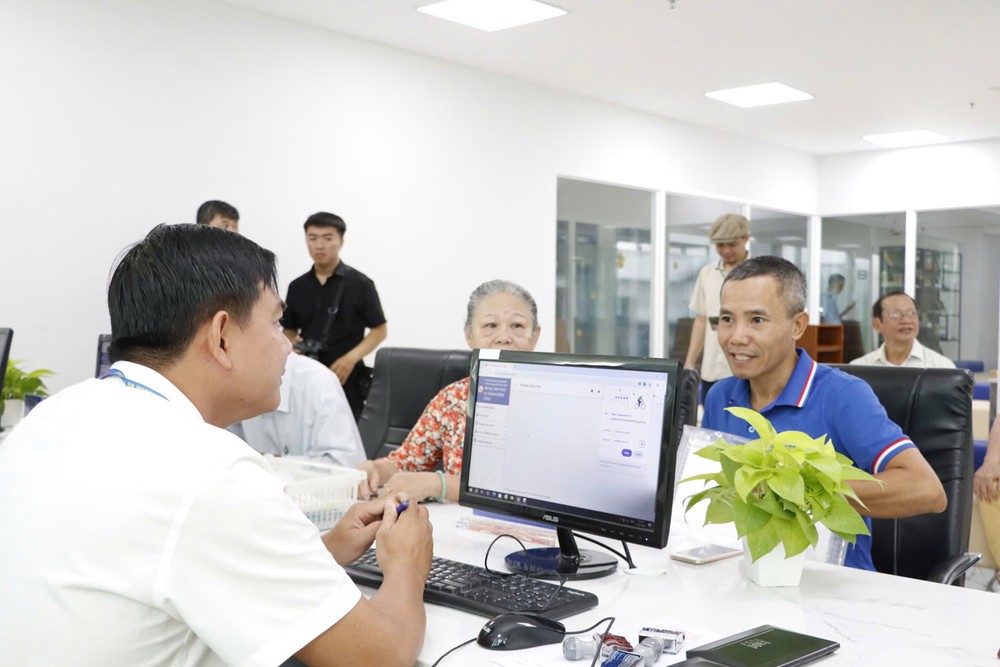
With a university degree in Social Work and nearly 14 years of experience in the field of poverty reduction, labor, war invalids and social affairs, Ms. Trinh knows the relevant policies and regulations by heart and is familiar with each task. Having worked for a long time and been closely associated with each household and individual receiving benefits in the area, when she learned that her working time would be extended, she affirmed that she would devote all her efforts to serving the people and was ready to accept new tasks if assigned to continue working.
Along with the extension of the use of part-time workers, at the end of June 2025, the Government issued Decree 170 regulating the recruitment, use and management of civil servants. active, part-time workers at the commune level are accepted as civil servants when meeting the conditions and standards. In addition to the general standards and conditions, part-time workers at the commune level must have at least 5 years of work experience, pay mandatory social insurance, and perform work with professional and technical requirements appropriate to the job in the expected job position...
Mr. Ho Minh Hoang, Chairman of the People's Committee of Trung My Tay Ward (HCMC), said that the ward has arranged non-professional forces in old wards to appropriate positions to their expertise and profession. Trung My Tay Ward has a population of more than 126,000 people, according to regulations, the ward is allowed to a maximum of 70 cadres and civil servants. According to Mr. Hoang, most of the non-professional workers have professional qualifications and are attached to the area. Therefore, Decree 170 stipulates many groups of subjects eligible to be accepted as civil servants, including non-professional workers at the commune level. This is to create conditions for the ward to receive human resources with expertise and experience to serve the people.
Promoting high quality human resources
Along with the non-professional workforce expected to end its mission, Ho Chi Minh City will reduce 20% of its payroll in the next 5 years. Deputy Director of the Ho Chi Minh City Department of Home Affairs Nguyen Bac Nam said that Ho Chi Minh City has implemented many solutions to connect and support career transition for cadres, civil servants, and non-professional workers after restructuring the apparatus and administrative units.
In particular, the Department of Home Affairs requested orders to urgently survey capacity, needs, and career orientation; supplementary training in knowledge, soft skills, and career orientation for officials; establish a two-way information mechanism, creating conditions for human resource supply and demand to meet effectively. Chairman of the Ho Chi Minh City People's Committee Nguyen Van Duoc also directed agencies, units, state-owned enterprises, and economic organizations under the city's management to coordinate recruitment, connect and support jobs for officials, civil servants, public employees, part-time workers, and workers who no longer have their jobs due to the restructuring of the apparatus and administrative units.
The Ho Chi Minh City People's Committee has also approved the Project to support vocational training for career conversion; job introduction; Purchase and lease-purchase of social housing for cadres, civil servants, public employees, non-professional workers, and workers after the reorganization of the political system in the area. structured, the city effectively promotes the employment service system to participate in free job consultation and referral for cases subject to being arranged to leave the public sector; support employers to directly approach cases subject to being arranged to interview, assess capacity and accept them into suitable vacant positions. Ho Chi Minh City also has a policy to support new vocational training costs at an average of about 5.6 million VND/person, support for meals, travel expenses, etc.
In addition, there is a policy to support loans for job creation with a maximum loan amount of VND300 million/person, a maximum loan term of 120 months and the city budget supports 100% of the interest rate in the first 5 years. The Ho Chi Minh City People's Committee believes that this policy helps reduce the anxiety of workers, contributing to improving the quality of human resources through linking with training activities, career transition and skills development. In addition, Ho Chi Minh City has a policy to support the purchase and lease of social housing to help stabilize the psychology and life and encourage cadres to return to the labor market after reorganization.
According to Ms. Pham Thi Thanh Hien, Director of the Department of Home Affairs of Ho Chi Minh City, in addition to arranging and assigning new jobs, Ho Chi Minh City also focuses on resolving policies and regimes for cadres, civil servants, public employees, and part-time workers who do not continue their work after the reorganization of the apparatus and administrative units.
As of June 30, Ho Chi Minh City has resolved retirement and termination of employment according to Decree 178/2024 and Decree 67/2025 for 2,081 people with a total amount of VND 773.5 billion. In the coming time, the Department of Home Affairs will advise the Ho Chi Minh City People's Committee to submit to the Ho Chi Minh City People's Council a resolution regulating the loan support regime to create jobs for cadres, civil servants, public employees, non-professional workers, and workers who have quit their jobs after the organization of the political system in the city is reorganized.
Source: https://ttbc-hcm.gov.vn/nhieu-giai-phap-ho-tro-can-bo-sau-sap-xep-bo-may-1019097.html








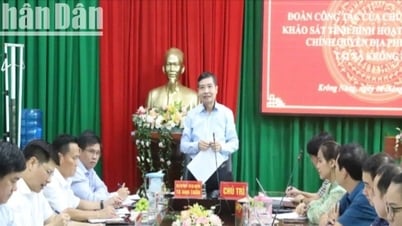



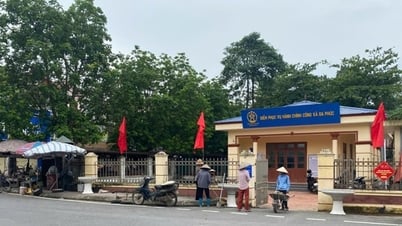




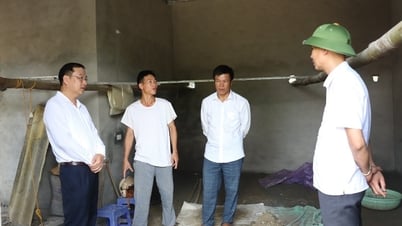







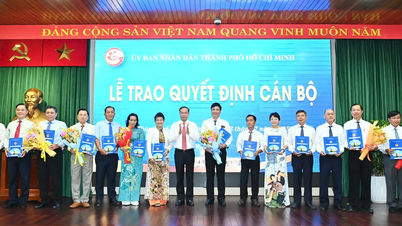


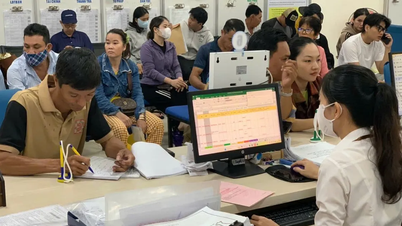





































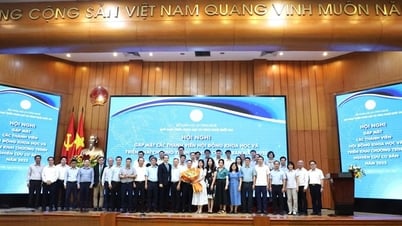






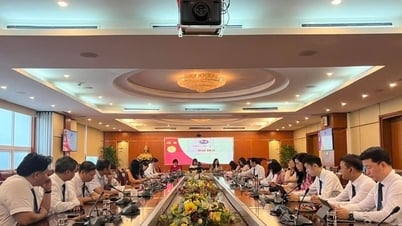
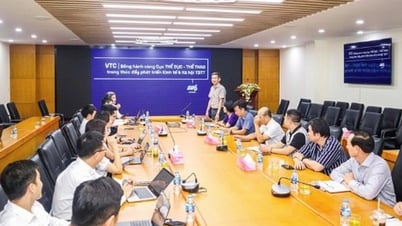























Comment (0)